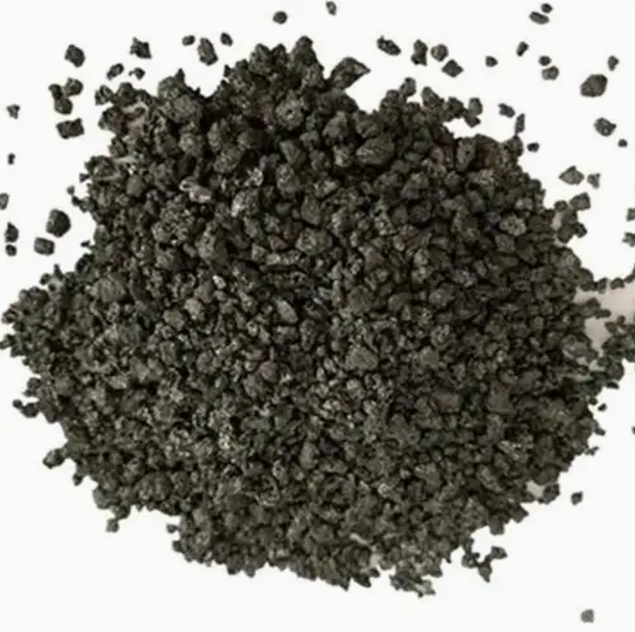
Steel is a cornerstone of global economic growth, providing critical components for sectors as diverse as aircraft and automobiles to construction materials and consumer goods. Steel producers rely heavily on Graphite Petroleum Coke to provide a reliable and cost-effective carbon source for their products. GPC is produced as a byproduct of crude oil refining and can be used in numerous applications across several industries.
Coal-based and petroleum-based coke is used as a carburizing material in the steelmaking process to improve the metal-to carbon ratio of molten iron. Coke helps to maintain the exact carbon level, particularly for high-grade materials and alloys.
Graphitized Petroleum Coke GPC is a raw material of great value that can be applied in a number of industrial applications. It has a graphite structure that is ordered and contains a lot of carbon atoms. GPC is more stable than ordinary fossil fuel coke that does not contain graphite. It has superior thermal conductivity as well as lubrication.

GPC is a unique raw material because of its unique chemical composition and structure. It can be used for a number of critical applications including carbon electrodes in electric arc kilns and lithium ion battery anodes. GPC is also used to create high-performance furnace linings and refractory bricks.
GPC's low content of sulfur and Nitrogen ensures that carbon products are free from impurities, and have a long-lasting performance. GPC has many of these properties, making it a great raw material for conductive carbons. GPC can be recycled and reused for different purposes, helping to conserve natural resources and reduce energy consumption.
GPC is also used as a raw material in a variety specialty cast irons. GPC can be refined using magnesium to create spheroidal grain graphite, which is more machinable and has better casting properties than the traditional laminated graphite. Recarburized GPC is also used for high-quality abrasives like brake and clutch linings and to produce graphite for industrial processes such as metal casting.
GPC, a versatile carbon resource with a high cost-effectiveness, can be easily adapted to different industrial applications. Global demand for this important raw material will grow due to the development and use of sustainable production methods and GPC with low sulfur and high purity, as well as AI-driven process optimization. This growth is fueled by the growing demand for advanced electric furnaces which require more precise levels of carbon to achieve higher grades in steel and aluminum. These new technologies will increase the demand of both green and recarburized GPC. The global market for GPC as a byproduct of crude oils refining will benefit even more from this.

Write a Message